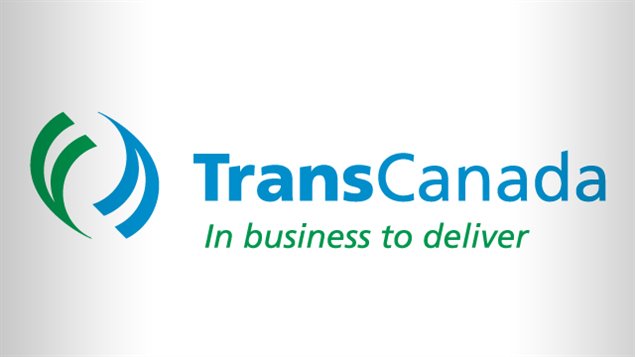TransCanada Sues U.S. Over Pipeline Rejection

LINCOLN, Neb. (AP) — The company that proposed the Keystone XL pipeline is seeking $15 billion in damages from the federal government after the Obama administration rejected the Canada-to-Texas project, a company spokesman said Monday.
TransCanada Inc. filed a request for arbitration Friday under the North American Free Trade Agreement, arguing that the State Department’s actions led the company to believe the project would win approval. Obama rejected a federal permit for the project in November, saying it would have undercut the nation’s reputation as a global leader on addressing climate change.
The Calgary-based company argued that it moved forward with the project under the assumption that it would win approval, given numerous federal reviews and the government’s approval of the original Keystone pipeline. It also alleges that the administration rejected the project to bolster its environmental credentials.
“TransCanada has been unjustly deprived of the value of its multi-billion dollar investment by the U.S. Administration’s arbitrary and unjustified denial,” company spokesman Mark Cooper said. “It is our responsibility to take the actions we deem appropriate to protect our rights.”
The pipeline would have carried 830,000 barrels of crude oil per day from Hardisty, Alberta, in Canada to Steele City, Neb., where it would have connected to existing pipelines running south to Gulf Coast refineries. The final route would have run through Montana, South Dakota, Nebraska, Kansas, Oklahoma and Texas.
A State Department spokesman said the agency doesn’t comment on pending litigation.
The $8 billion pipeline, first announced in 2008, faced numerous roadblocks from environmental groups, as well as some landowners where it would have crossed.
Pipeline opponents said the claim highlights a problem with NAFTA as well as the proposed Tran-Pacific Partnership, which Congress has yet to ratify. Both allow foreign companies to challenge domestic laws in front of international arbitration panels, and could be used to circumvent federal environmental rules, said Michael Brune, the Sierra Club’s executive director.
“TransCanada filed this NAFTA challenge as a bullying tactic,” said Jane Kleeb, executive director of the anti-pipeline group Bold Nebraska.
Related News
Related News

- Phillips 66 to Shut LA Oil Refinery, Ending Major Gasoline Output Amid Supply Concerns
- FERC Sides with Williams in Texas-Louisiana Pipeline Dispute with Energy Transfer
- U.S. Appeals Court Blocks Kinder Morgan’s Tennessee Pipeline Permits
- ConocoPhillips Eyes Sale of $1 Billion Permian Assets Amid Marathon Acquisition
- Valero Considers All Options, Including Sale, for California Refineries Amid Regulatory Pressure
- U.S. LNG Export Growth Faces Uncertainty as Trump’s Tariff Proposal Looms, Analysts Say
- Marathon Oil to Lay Off Over 500 Texas Workers Ahead of ConocoPhillips Merger
- Valero Considers All Options, Including Sale, for California Refineries Amid Regulatory Pressure
- Another Major U.S. Oil Refinery Shutting Down as Lyondell Confirms Houston Closure
- Chevron CEO Wirth Under Fire as Hess Deal Delay Drags Down Stock Performance




Comments